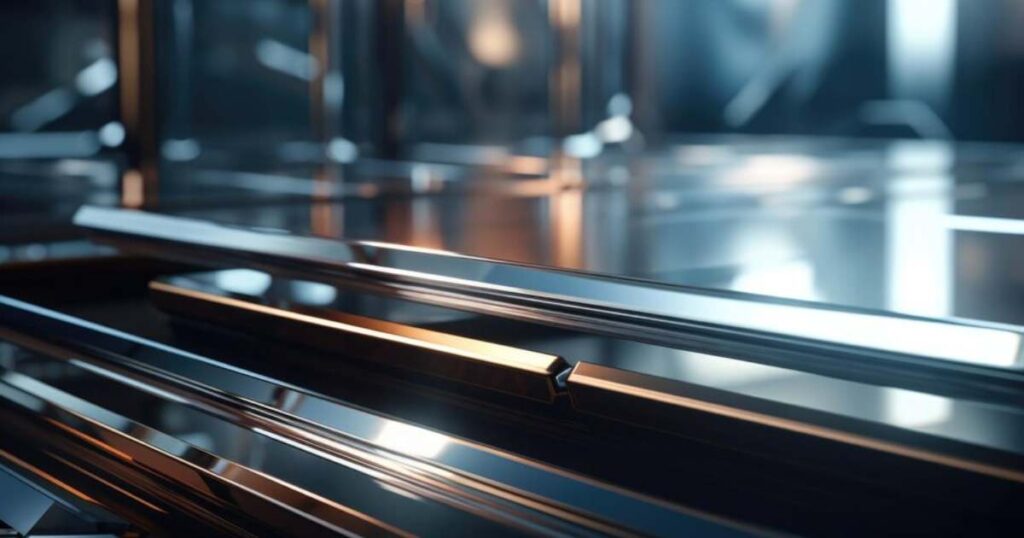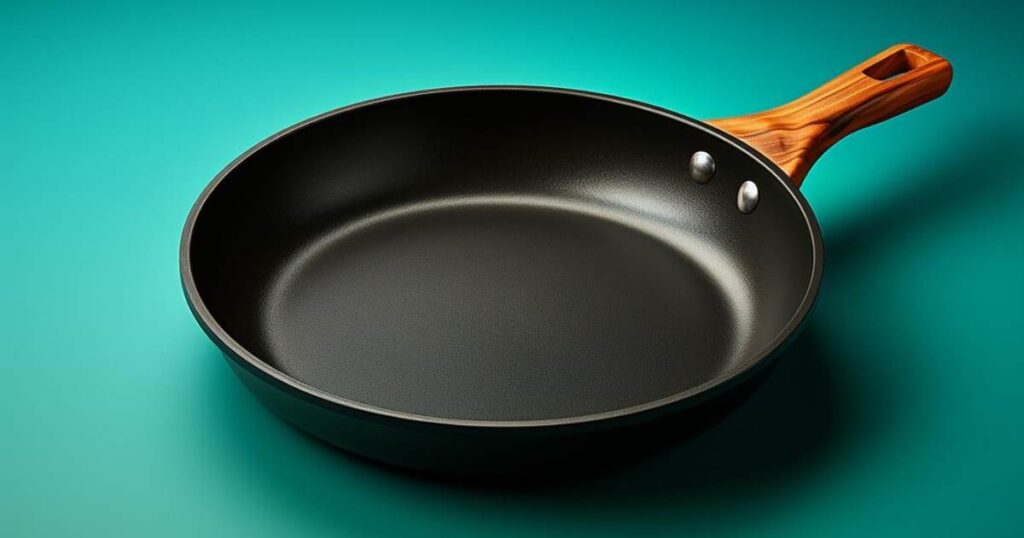Aluminum pans have been a kitchen staple for decades, but recent health concerns have led many to question their safety. As we become more conscious of the potential risks associated with our cookware, it’s crucial to separate fact from fiction.
In this comprehensive guide, we’ll dive deep into the world of aluminum cookware, exploring its prevalence, potential risks, and practical tips for safe usage.
Get ready to equip yourself with the knowledge to make informed decisions about the pans you use to whip up your culinary masterpieces.
Why Is Aluminum Cookware So Common?
Aluminum cookware is popular due to its exceptional heat conductivity, allowing for even cooking and preventing hot spots. It’s affordable, lightweight, and heats up/cools down rapidly, making it convenient for busy kitchens.
While there are concerns about aluminum leaching into food, the amount is typically minimal and considered safe for most people, as the body can efficiently eliminate small quantities of aluminum through urine.
However, individuals with kidney problems may need to limit their exposure to aluminum if advised by a medical professional.
How To Minimize Potential Risks
While aluminum cookware is generally considered safe for most people, there are some precautions that can be taken to minimize potential risks:
- Avoid cooking highly acidic foods, such as tomatoes or citrus fruits, for extended periods in aluminum cookware. These acidic ingredients can cause increased leaching of aluminum into your food.
- Discard any aluminum cookware that shows signs of pitting, scratches, or damage. These imperfections can increase the amount of aluminum that leaches into your meals. Always follow manufacturer guidelines and use utensils that won’t scratch the surface to prevent increased leaching.
- Consider using anodized aluminum cookware, which has a protective layer that reduces the likelihood of aluminum leaching into your food.
What Is Anodized Aluminum?

Anodized aluminum is a type of aluminum that has undergone an electrochemical process called anodization. This process enhances the natural oxide layer on the surface of the aluminum, making it thicker, more durable, and more resistant to corrosion and wear.
During anodization, the aluminum is immersed in an electrolytic bath, and an electrical current is applied. This creates a tough, protective oxide layer on the surface of the metal, reinforcing the aluminum and making it less likely to react with acidic foods, thereby reducing the chances of aluminum leaching.
Additionally, anodized aluminum is more resistant to scratches, abrasion, and higher temperatures than non-anodized aluminum. According to The Cookware Advisor, anodized aluminum pans are built to last, making them a popular choice for those seeking durable and long-lasting cookware.
Are Aluminum Pans Safe?
So, are aluminum pans safe? The answer is yes, they are generally safe to use if home chefs follow the safety guidelines outlined above.
By avoiding cooking with citric acids for extended periods, discarding damaged or pitted cookware, and considering anodized aluminum options, you can significantly reduce the potential risks associated with aluminum leaching.
It’s also important to remember that the amount of aluminum leaching into food from cookware is typically minimal and well within safe limits for most individuals. However, if you have any concerns or specific health conditions, it’s always best to consult with a healthcare professional for personalized advice.
FAQ’s
Can aluminum cookware cause Alzheimer’s disease?
No, there is no scientific evidence linking aluminum cookware to Alzheimer’s disease or dementia.
Is anodized aluminum cookware safer than regular aluminum?
Yes, anodized aluminum cookware is considered safer as the anodization process creates a protective layer that reduces aluminum leaching.
Can aluminum leach into food during cooking?
Yes, a small amount of aluminum can leach into food during cooking, especially when cooking acidic foods in aluminum cookware.
Is it safe to use aluminum foil for cooking?
Yes, aluminum foil is generally safe for cooking purposes, but it’s best to avoid direct contact with acidic foods for extended periods.
How can I tell if my aluminum cookware needs to be replaced?
If your aluminum cookware shows signs of pitting, scratches, or damage, it’s best to replace it to minimize the risk of increased aluminum leaching.
Also Read This Post:
Atoll Kitchen And Tall Cabinets
Conclusion
In conclusion, aluminum pans are generally safe to use for cooking if proper precautions are taken. While a small amount of aluminum leaching into food is unavoidable, the risks are minimal for most individuals.
By following guidelines such as avoiding cooking acidic foods for extended periods, discarding damaged cookware, and considering anodized aluminum options, you can further reduce the potential risks associated with aluminum leaching.
Ultimately, it’s important to make informed decisions about your cookware and prioritize safety in the kitchen.

Ava, boasting five years in home blogging, shares expertise in domestic living. With a sharp eye and passion for details, she navigates home decor and lifestyle intricacies effortlessly.







